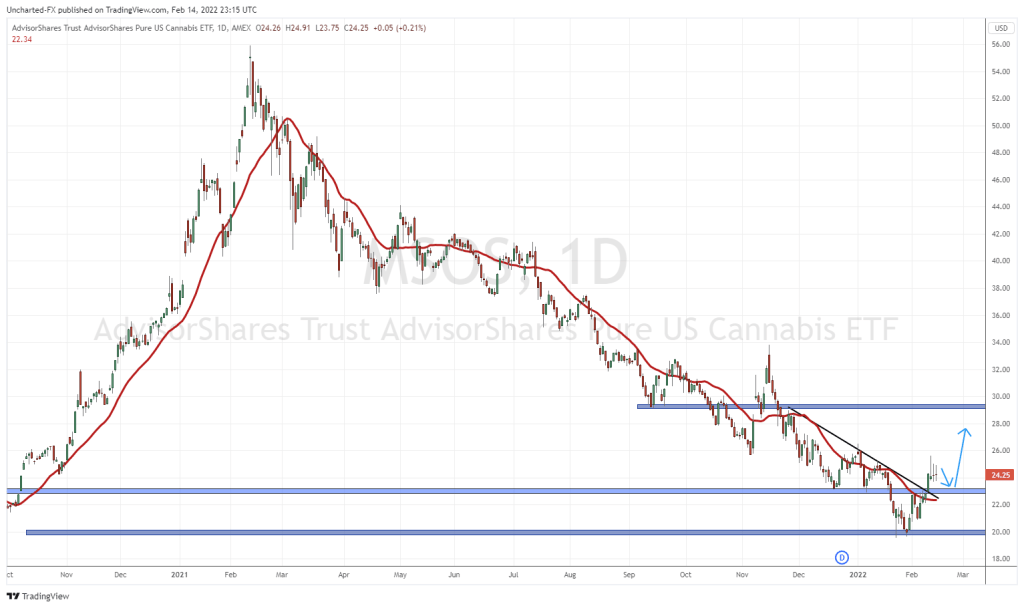Canopy Growth’s (WEED.T) medical division, Spectrum Therapeutics, completed and published a new study on the long-term effects of cannabidiol (CBD), with specific focuses on toxicity and the lifespan effects of CBD in the preclinical model C. elegans, according to a press release.
The study looked at many factors, including solubility, stability, acute toxicity, thermotolerance and lifespan effects of CBD in C. elegans as part of the company’s commitment to support and influence public policy through their research. This study represents the first long-term toxicity and lifespan research involving the effects of exposure to CBD, to the best of the company’s knowledge.
“Despite widespread use of CBD, no life-long toxicity studies had been conducted to date to determine the impact – or potential impact – of long-term exposure to CBD. These results serve as the only CBD life-long exposure data in an in vivo model to date, and the absence of long-term toxicity gives us the evidence we need as an industry to continue researching the potential health benefits for the broader application of CBD,” said Hunter Land, senior director of translational and discovery science for Canopy Growth.
We share 60%-80% of our genes with the worm Caenorhabditis elegans (C. elegans), and together with its 2-3 week lifespan, these circumstances make the long-term exposure studies of CBD feasible at physiologically relevant concentrations. The results showed that CBD did not display any degree of acute or life-long toxicity or related liabilities at the concentrations the company was using in their study, and that it actually increased lifespan up to 18% and increased late-stage life activity by 206% compared to untreated controls.
Spectrum Therapeutics believes that further research should be carried out in mammalian models to best determine efficacy. The study was conducted as part of a partnership with NemaLife, and is published in Cannabis and Cannabinoid Research journal and is available online.
—Joseph Morton







